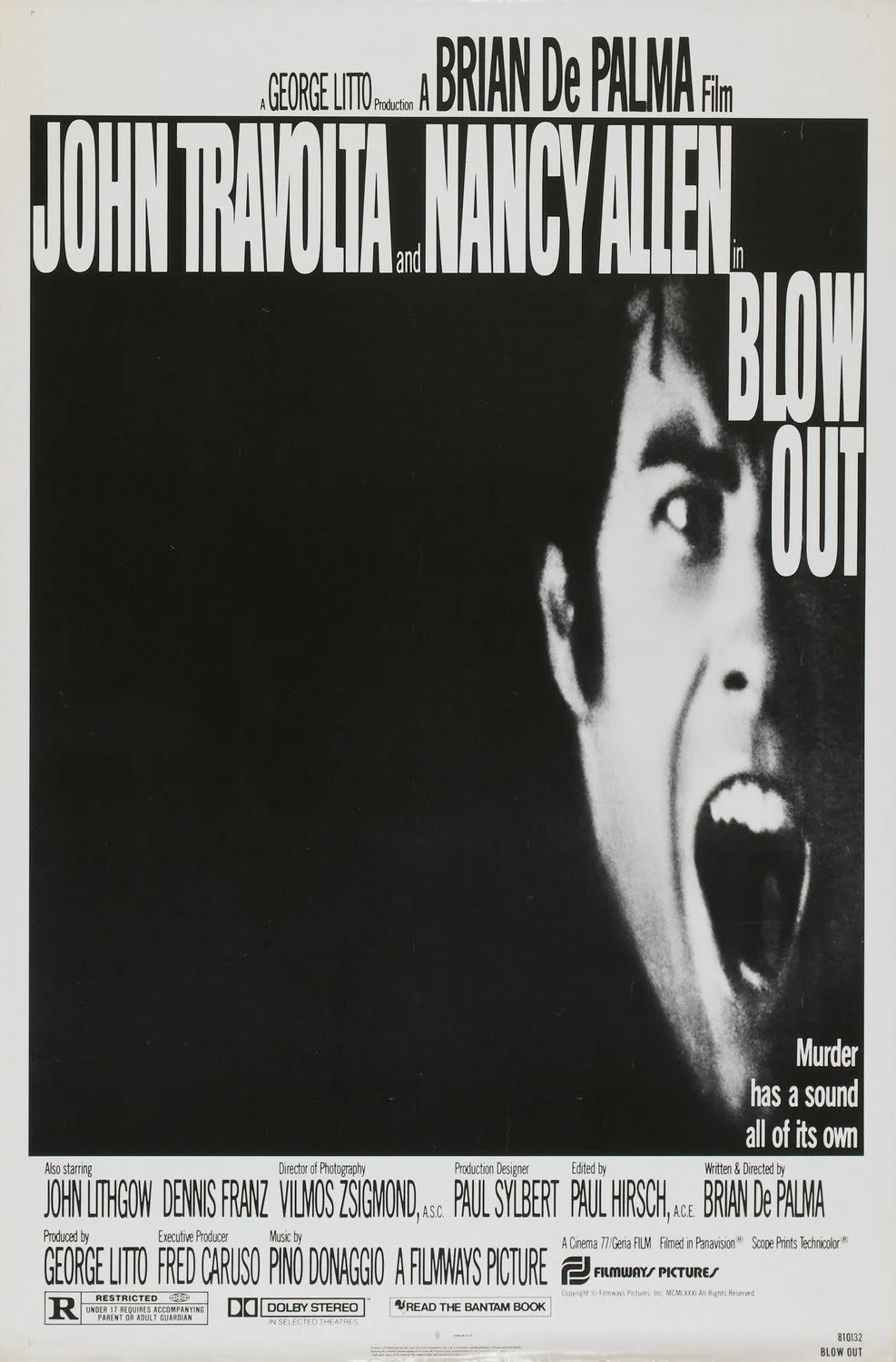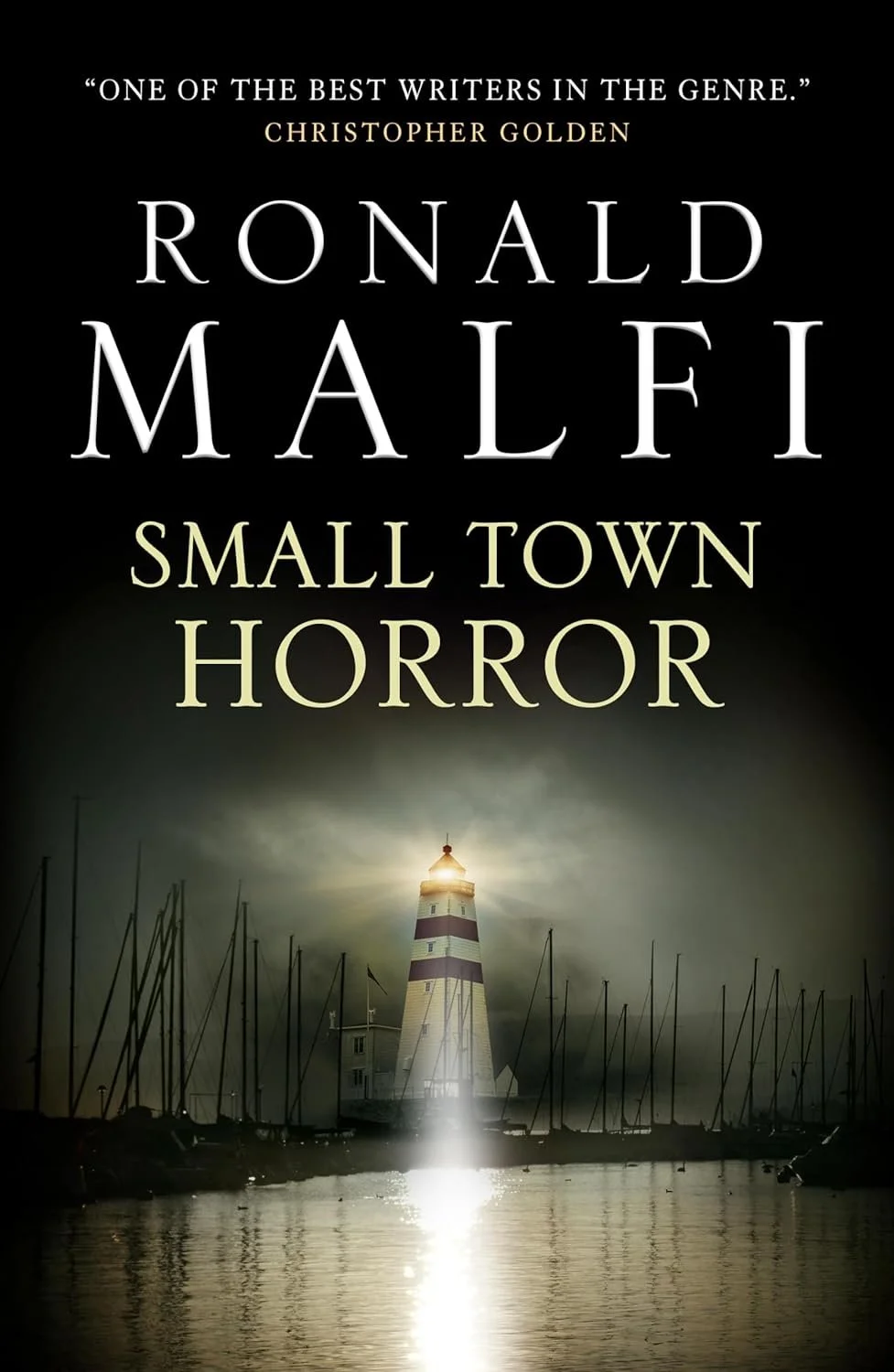Classic Movie Review : Blow Out (1981)
The last movie Brian De Palma directed was a random crime thriller called Domino in 2019, but the last movie from him people remember was his byzantine adaptation of James Ellroy’s novel The Black Dahlia in 2006. It’s been almost twenty years since he’s been relevant and someday people will forget about him altogether. I’m going to make a tragic claim, but De Palma belongs to another era of history and it’s just not his fault. Sometimes the world just passes you by.
I’ve seen his classic Blow Out for the first time this weekend and it’s both great and I have no idea why anyone under 25 would understand anything about it.
Blow Out tells the story of a movie sound engineer named Jack Terry (a young, sexy John Travolta) who captures what is essentially the murder of a US presidential candidate while out trying to get new sound effects of scorching winds for a horror movie. He also saves a young woman named Sally (Nancy Allen) from drowning and becomes obsessed trying to piece together the story of what the fuck just happened to him.
An eighties film about the seventies
This is such a complicated movie to discuss in 2024 because it is strictly concerned with ideas that belong to a long forgotten past. It’s clearly referencing two older films: Michelangelo Antonioni's Blow Up and Francis Ford Coppola's The Conversation where the characters respectively obsess over photos and audio recordings they were not supposed to find. Recording of politically motivated crimes to be more precise.
The seventies were such a loaded time for political disenchantment. The Watergate scandal had shaken the cultural perception of the US presidency as a force for good and artists like Antonioni, Coppola, Brian De Palma and many others were haunted by that. A lot of bad shit involving US presidencies happened since then so it seems trivial today, but thinking of the president as a self-serving asshole was a huge cultural shift then. At least in movies.
What makes Blow Out such a unique and interesting film is that it’s almost solely concerned with the mechanics of making movies. It’s a movie about how movies can be a crucial tool in exposing political dishonesty as their primary function is to record reality. Blow Out is a fiction, but it serves a political chest thumping move. De Palma is basically telling theoretical crooked politicians of the future: we’re watching you and we’re not afraid.
Of course, time revealed that his stance was highly idealistic, but it’s not that obsolete. Maybe we don’t do field recordings all that much anymore, but everyone has iPhones to record with.
Brian De Palma and Voyeurism
Brian De Palma has a weird thing going with peeping. He explored it in countless other movies like Body Double and Dressed to Kill. He has a weird, ambivalent (and highly sexualized) relationship with observing the intimacy of others that is tainted with guilt and a lingering sense of responsibility. You know the old scientific saying that you can change a phenomenon solely by observing it? De Palma takes it quite literally in Blow Out.
What is supposed to be a “car accident” turns into a political assassination and an all-out conspiracy under the watchful gaze of Jack Terry. Peeping in De Palma movies acts as a doorway to clandestine parallel universes and as a form of guilt-driven vigilantism. In Blow Out's case, the guilt is both fictional (Jack is a witness of a political assassination) and metaphorical. De Palma’s powerful Hollywoodian voice has let Watergate happen on his watch.
Is it weird? Absolutely! Does it make for great cinema? You bet your ass it does.
*
Part of Blow Out's charm is that it’s extremely outdated. Its themes are still pertinent today, but it expressed itself in a language that wouldn’t fly by today’s standards. Larger framing, less dynamic editing, somewhat of a peeping distance from what’s going on. It requires a lot of work from the viewer in order to sync emotionally with Jack Terry, but it’s weird and different enough to still be fun almost 45 years after its release.







